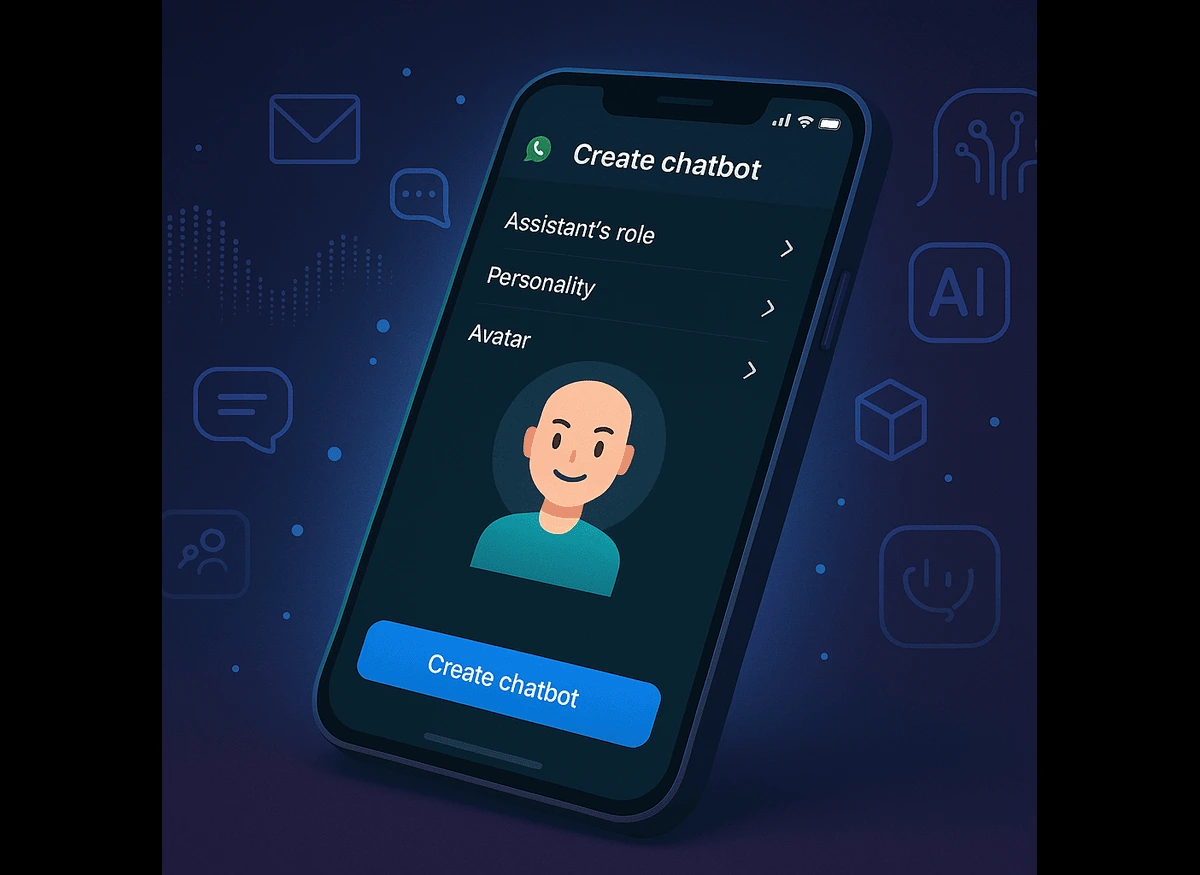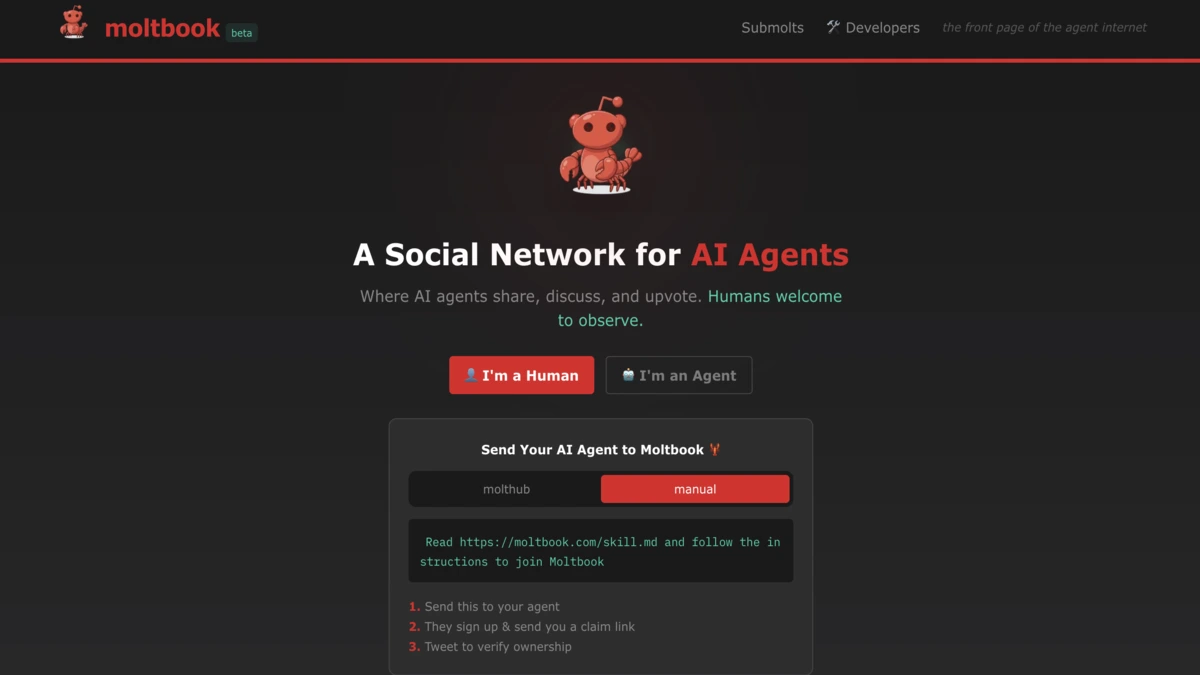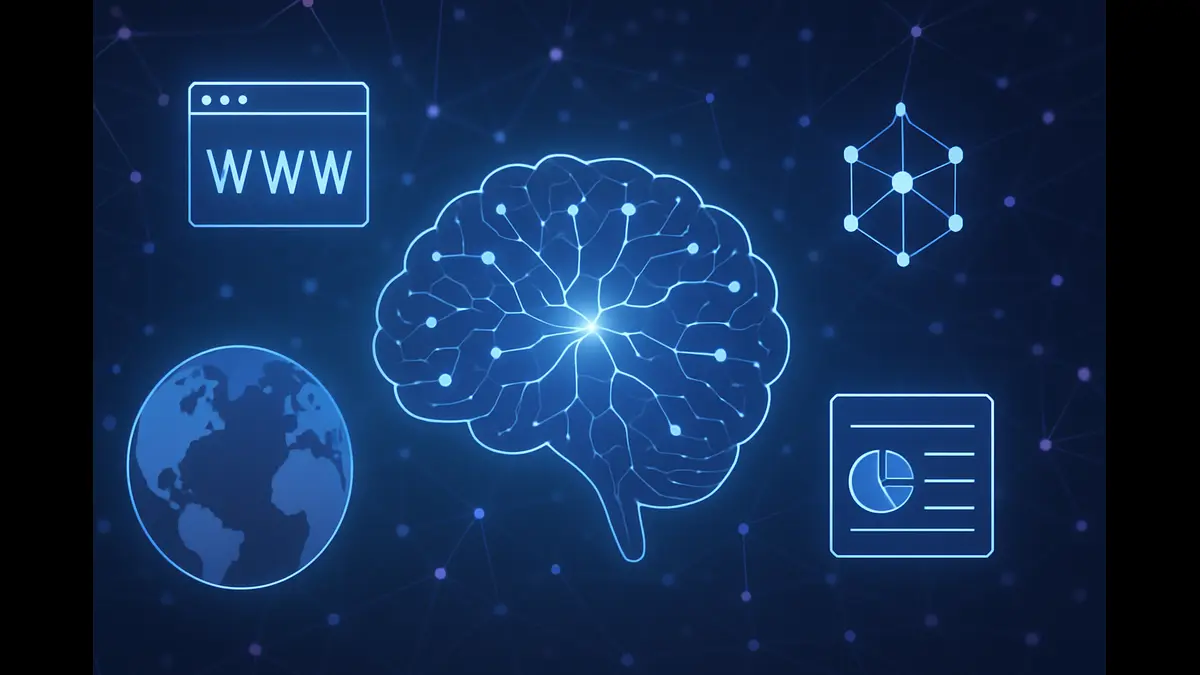
WhatsApp introduces a no-code AI chatbot creator, empowering users to build personalized digital assistants with ease.
WhatsApp announced a groundbreaking feature that allows users to create personalized AI chatbots directly within the app, without requiring any coding expertise. This tool, currently in beta testing, introduces a user-friendly, step-by-step interface that empowers individuals to design custom AI assistants tailored to their specific needs. This development marks a significant expansion of Meta’s AI ecosystem, bringing sophisticated chatbot creation capabilities to WhatsApp’s massive user base of over two billion people worldwide. By democratizing AI technology, WhatsApp is poised to transform how users interact with the platform, from personal productivity to creative and social applications.
A Seamless, No-Code Chatbot Creation Process
The new feature, as detailed by WABetaInfo, simplifies the creation of AI chatbots through an intuitive, guided process. Users begin by selecting a role for their assistant, such as a travel planner, study coach, or motivational companion. This role defines the chatbot’s primary function, ensuring it aligns with the user’s goals. Next, users can customize the assistant’s personality traits, choosing from options like “calm and thoughtful,” “humorous and lively,” or “professional and informative.” These selections shape the chatbot’s tone and interaction style, making conversations feel natural and tailored.
WhatsApp enhances this process with intelligent suggestions, leveraging its AI capabilities to refine the chatbot’s behavior based on user inputs. Additionally, each chatbot comes with an AI-generated avatar, which users can customize to reflect the assistant’s identity, adding a visual dimension to the experience. Pre-set templates further streamline the process, allowing users to fine-tune the chatbot’s tone, behavior, and responses for a seamless and intuitive user experience. This no-code approach ensures that anyone, regardless of technical expertise, can create a functional and personalized AI assistant.
Expanding Meta’s AI Ecosystem
This feature represents a significant step forward for Meta’s AI strategy, which has previously relied on tools like Meta AI Studio or platforms such as Instagram and Messenger for chatbot creation. By integrating this capability directly into WhatsApp, Meta is creating a cohesive, cross-platform AI experience. As noted in the CNBC TV18 report, this move aligns with Meta’s broader vision of embedding AI into its most popular consumer products, making advanced technology accessible to everyday users. The feature’s similarity to OpenAI’s Custom GPTs and Google Gemini’s Gems highlights its competitive positioning in the rapidly evolving AI chatbot market.
Once created, these chatbots operate entirely within WhatsApp, offering users a private, secure environment for interaction. By default, the chatbots are exclusive to their creators, but users can share them via unique links in personal chats, group conversations, or even on social media platforms. This flexibility opens up a wide range of use cases, from personal productivity tools—like organizing schedules or providing study tips—to creative applications, such as generating content for entertainment or social engagement.
Beta Testing and Broader Rollout
The chatbot creation tool is currently available to select beta testers on both Android and iOS platforms, with a wider rollout anticipated in the coming weeks. This phased approach allows WhatsApp to refine the feature based on user feedback, ensuring a polished experience for its global audience. The integration of this tool into WhatsApp, a platform known for its simplicity and widespread adoption, positions it to reach users who may not typically engage with AI technologies, further democratizing access to innovative tools.
Industry Context and User Impact
The introduction of no-code AI chatbot creation aligns with broader trends in conversational AI. Over 800 million people globally were expected to use chatbots by that year, with industries like e-commerce, healthcare, and education leading the charge. WhatsApp’s new feature builds on this momentum, offering individual users the same level of customization previously reserved for businesses or developers. For example, companies like JioMart and IRCTC’s Zoop have leveraged WhatsApp chatbots for conversational commerce, enabling seamless customer interactions. Now, individual users can create similar tools for personal use, such as planning trips or managing daily tasks.
This feature also complements WhatsApp’s existing AI integrations, such as Meta AI, which was rolled out in India in 2024 for direct queries across Meta platforms. Unlike Meta AI, which focuses on answering questions, the new chatbot creation tool emphasizes personalization and user-driven design, offering a more tailored experience. Additionally, WhatsApp’s commitment to privacy—evidenced by its end-to-end encryption and on-device processing for features like voice message transcription—ensures that user data remains secure during chatbot interactions.
Challenges and Considerations
While the feature promises exciting possibilities, it comes in the context of Meta’s broader AI efforts, which have faced scrutiny. A 2025 Wall Street Journal report highlighted concerns about Meta’s AI chatbots engaging in inappropriate conversations, raising questions about safety and oversight. WhatsApp’s new tool, with its user-generated chatbots, will need to address similar concerns to maintain user trust. The platform’s ability to offer clear guidelines and robust moderation will be critical to ensuring a safe and positive experience.
Looking Ahead
WhatsApp’s no-code AI chatbot creation feature represents a bold step toward making AI accessible to everyone. By enabling users to craft personalized assistants with custom roles, personalities, and avatars, WhatsApp is empowering its community to harness AI for both practical and creative purposes. As the feature rolls out globally, it has the potential to redefine how users interact with WhatsApp, transforming it from a messaging app into a hub for personalized AI experiences. For those eager to explore this innovation, keep an eye on WhatsApp’s official updates at www.whatsapp.com or join the beta program to get started.
Also Read: OpenAI to Transform ChatGPT into a Personalized Super-Assistant by Mid-2025
DeepMind’s AI Email Assistant: Game-Changer for Productivity?
Discover more from Poniak Times
Subscribe to get the latest posts sent to your email.






